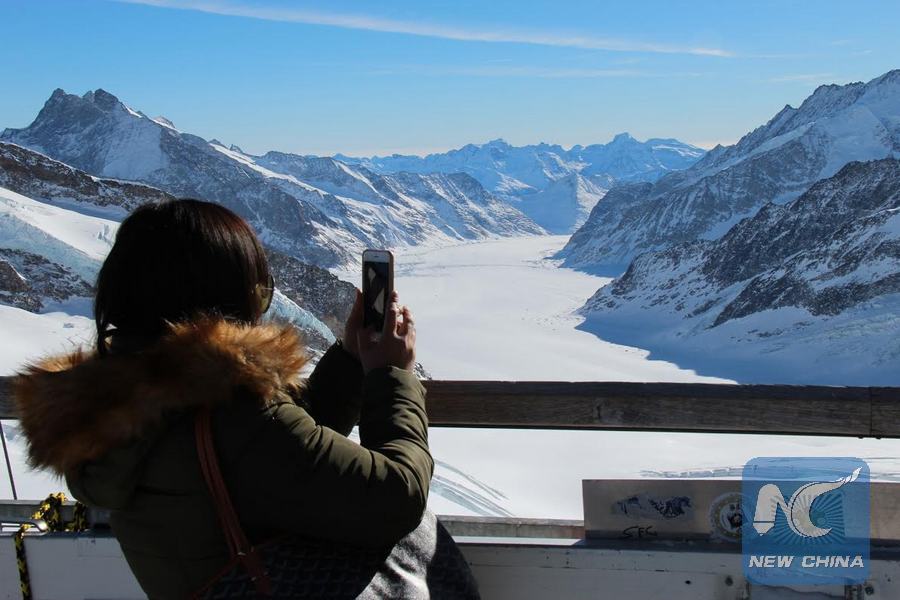Several governments around the world are asking the United Nations World Tourism Organization (UNWTO) the best way to attract more visitors from China, showing how important China is in the global tourism sector, its Secretary General Taleb Rifai said in an interview with Xinhua.
Promoting the First World Conference on Tourism for Development taking place in Beijing between May 18 and 21, Rifai said the meeting would discuss how the tourism industry can help with sustainable economic development and promote peace.
He said the conference could not have a more appropriate host than China, because apart from proposing the conference, “China is a leader in tourism and a nation that knows exactly what tourism is able to do for economic and social development.”
Rifai called tourism an exchange of experiences that “makes the world a better place.”
“In economic terms, the arrival of income and job creation in communities helps the vulnerable sectors of communities,” he said.
“There are also political gains with increasing tolerance and understanding of other people, which makes us better people. When you go to a different country, you eat the food, speak to the people, listen to the music and that makes you a more respectful person to other cultures and people,” Rifai added.
Meanwhile, investment in infrastructures such as railways, roads and airports is an important benefit of the tourist sector.
“It is very important for us to highlight in Beijing that this development and investment has to be socially and environmentally sustainable. Tourism has to be seen as a force for good for people and for the planet,” Rifai said.
More tourists visiting different countries will mean more jobs, more investment, more infrastructure and more development, he commented.
“Tourism can be as important as you want it to be and examples show that countries which pay attention to tourism receive the benefits. It all depends on what you do with what you have and on the political will,” said Rifai.
“Travel today is different to travel in the past. People want more opportunities to interact with the local population. This does not happen by itself — we need a plan, itineraries and we need tourism products,” he said.
